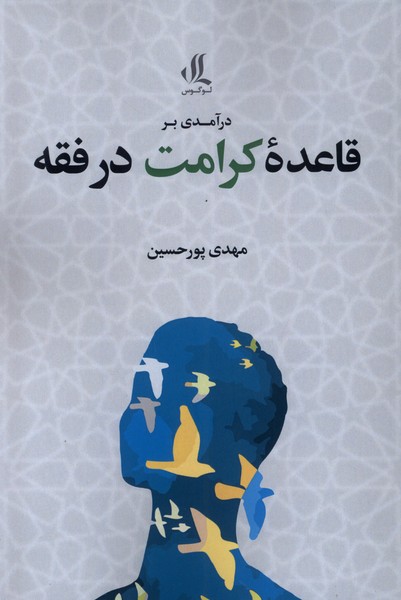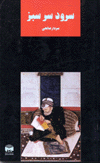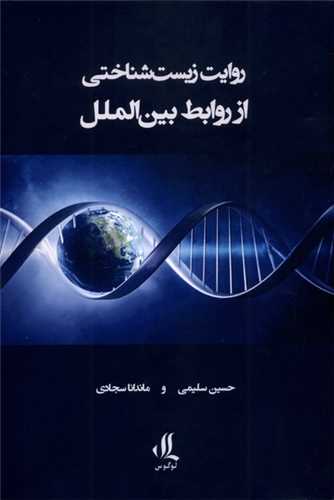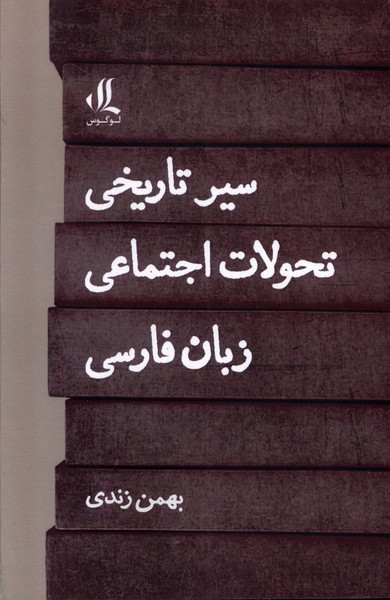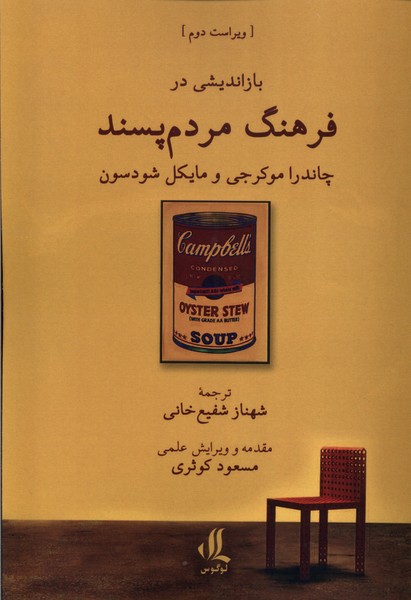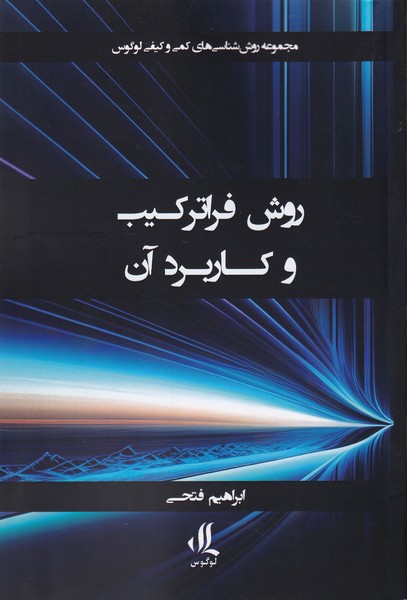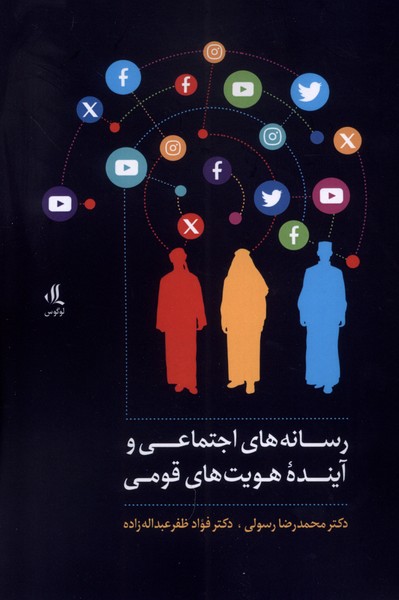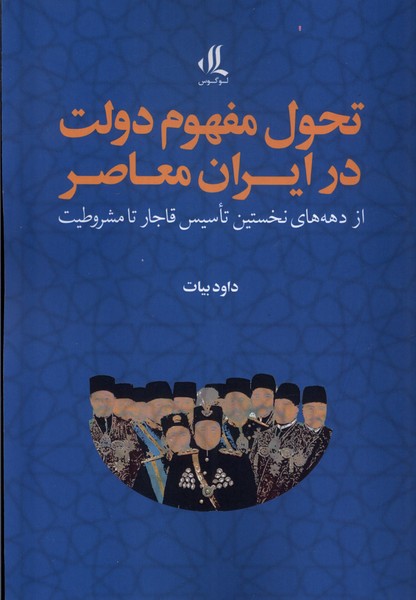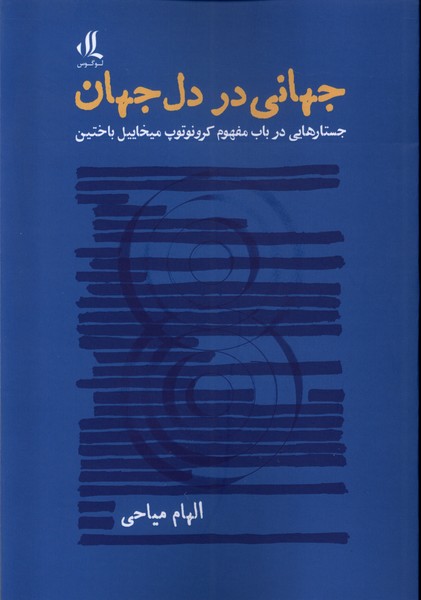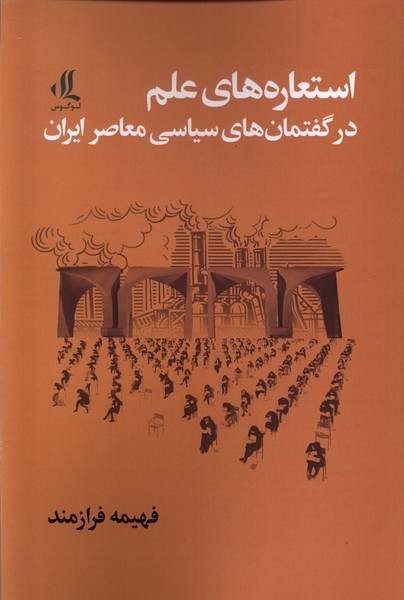Dar'āmadī bar Qā'idah-yi Kirāmat dar Fiqh: Persiska (Farsi) 1403
درآمدی بر قاعده کرامت در فقه
163 SEK
Dela
Wishlist
The subject of "human dignity" is one of the issues agreed upon among human nations and nations, as well as the attention of various religions and religions, and especially its clear signs are found in the Qur'an and other Islamic sources. But from a general religious point of view, this question has been considered in the current research, whether the dignity considered by Islam is reserved for believers (acquired dignity), or is considered a characteristic of "human-type" (inherent dignity). In the field of jurisprudence, this question has been examined, what is the position of "inherent human dignity" in deriving Shari'a rulings after being proven, and whether it can be used as a basis for understanding Shari'a evidence under the title of "a universal jurisprudential rule" Did you use it or not? The use of human dignity in jurisprudence can be illustrated in the following ways: 1. The principle governing all evidence; 2. The first and exceptional principle; 3. Preferred in the conflict of evidence or conflict between rights and duties; 4. as binding public and applying the reason; 5. As a general discourse in understanding religious sources and evidence. This book deals with the discussion that if the application of the "rule of dignity" in jurisprudence as a "ruling principle" has problems, its application in other areas will make jurisprudence more efficient and modern.
more
موضوع «کرامت انسان»، از مسائل مورد توافق میان اقوام و ملل بشری و همچنین موردتوجه ادیان و مذاهب گوناگون است و به ویژه نشانههای روشن آن، در قرآن و دیگر منابع اسلامی، فراوان یافت میشود. اما از منظر عام دینی، این پرسش در تحقیق حاضر موردتوجه بوده است که کرامت مدنظر اسلام، اختصاص به مومنان دارد (کرامت اکتسابی)، یا از ویژگی «نوع انسانی» به شمار میرود (کرامت ذاتی). در حوزه فقه نیز، این پرسش مورد بررسی قرار گرفته است که «کرامت ذاتی انسان» پس از اثبات، چه جایگاهی در استنباط احکام شرعی دارد و آیا میتوان از آن به عنوان مبنایی در فهم ادلۀ شرعی و تحت عنوان «یک قاعدۀ فقهی فراگیر» استفاده کرد یا خیر؟ کاربرد کرامت ذاتی انسان در فقه، به صورتهای زیر قابل تصویر است: ۱. اصل حاکم بر همه ادله؛ ۲. اصل اولی و استثناپذیر؛ ۳. مرجح در تعارض ادله و یا تزاحم میان حقوق و تکالیف؛ ۴. به عنوان مقید عموم و اطلاق دلیل؛ ۵. بهمثابه یک گفتمان عام در فهم منابع و ادله دینی. کتاب حاضر به این بحث میپردازد که اگر بهکارگیری «قاعدۀ کرامت» در فقه در قامت یک «اصل حاکم»، دچار مشکلاتی باشد، کاربرد آن در مراتب دیگر، موجب کارآمدی و روزآمدی فقه میگردد.
more

